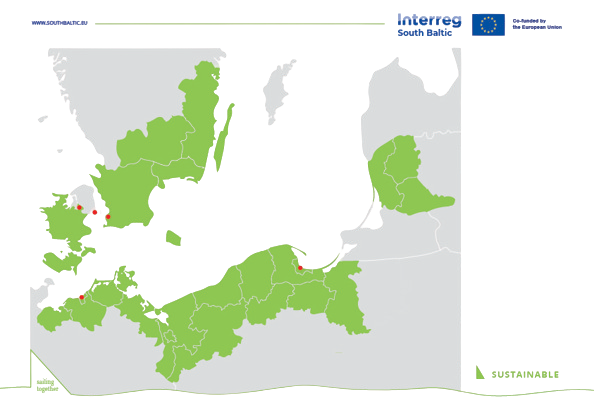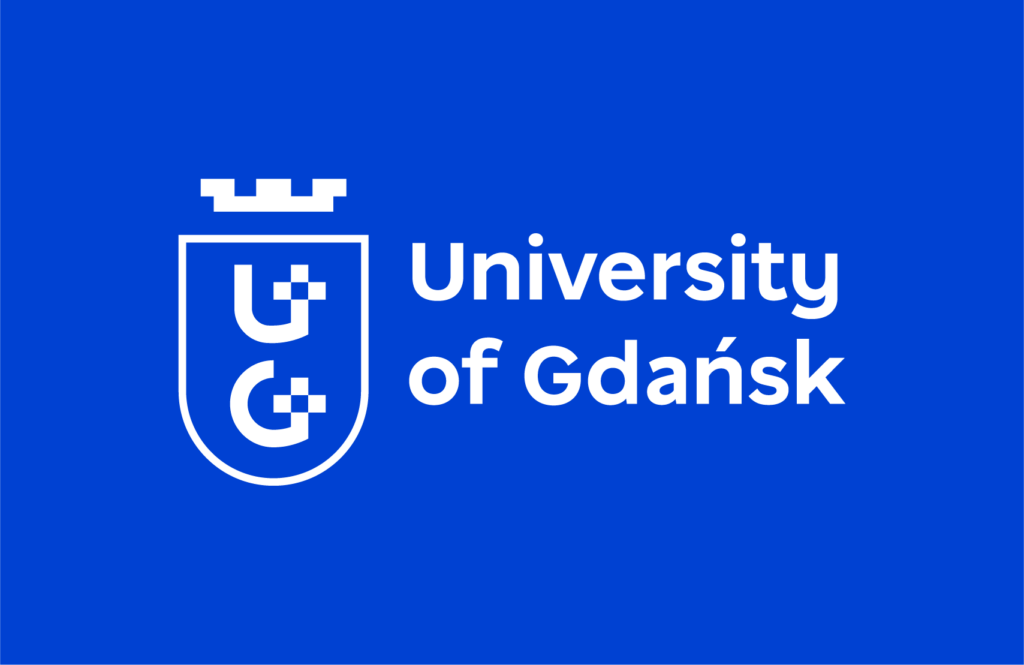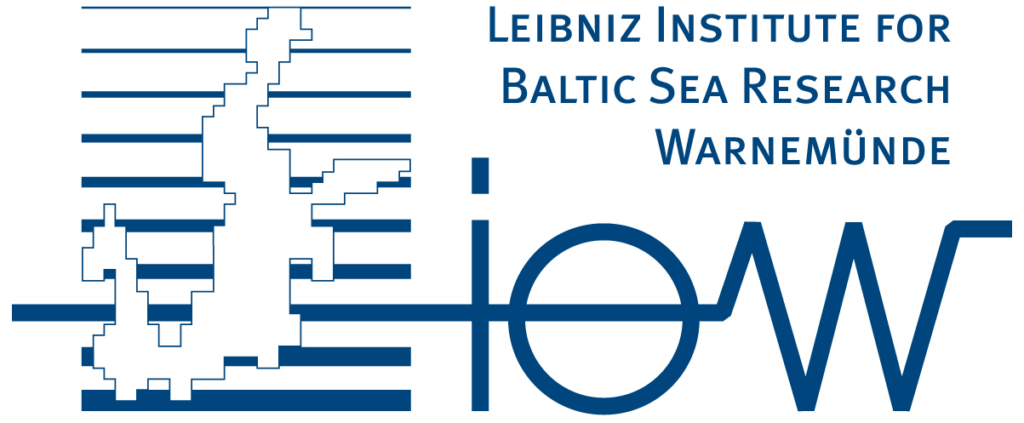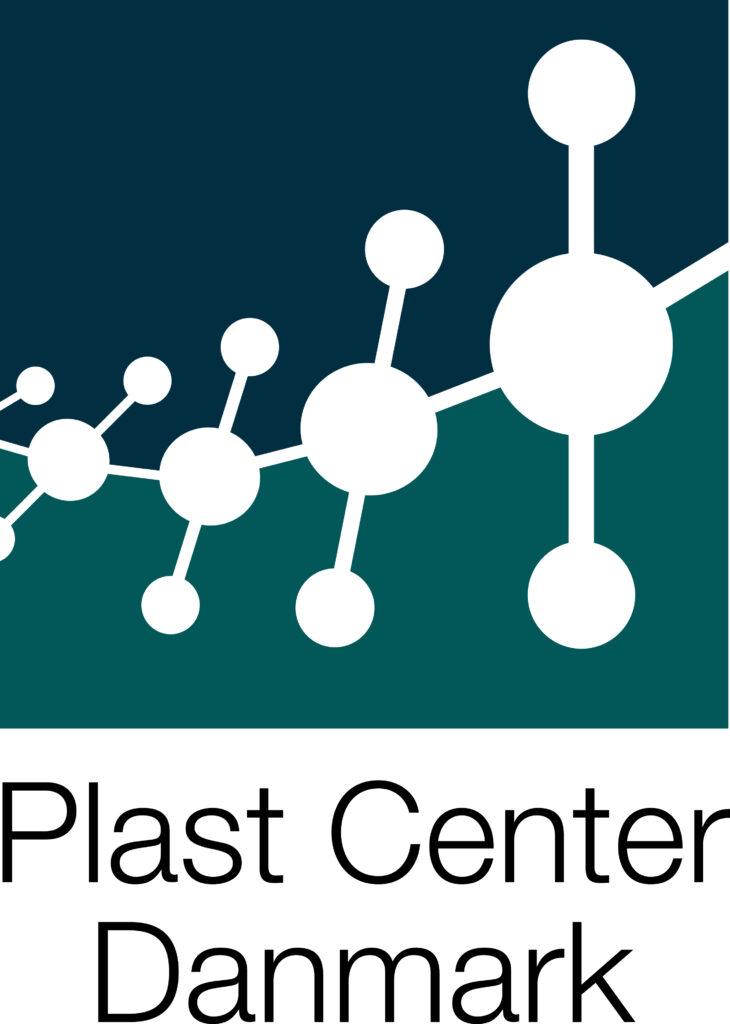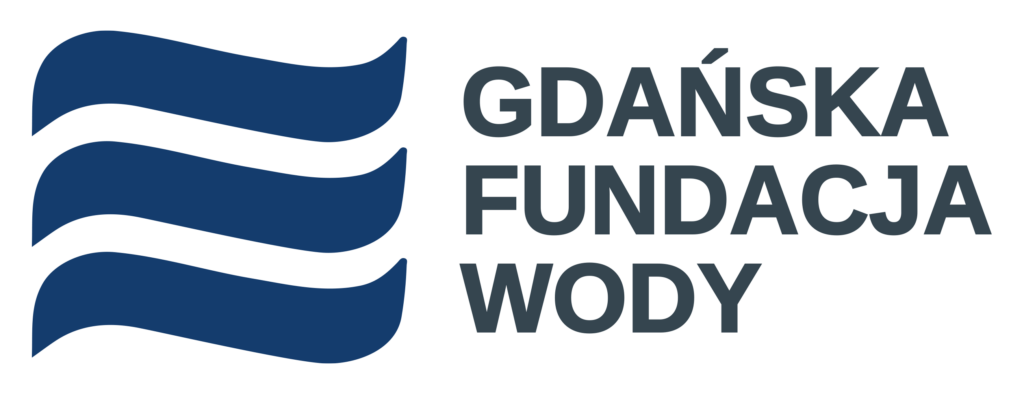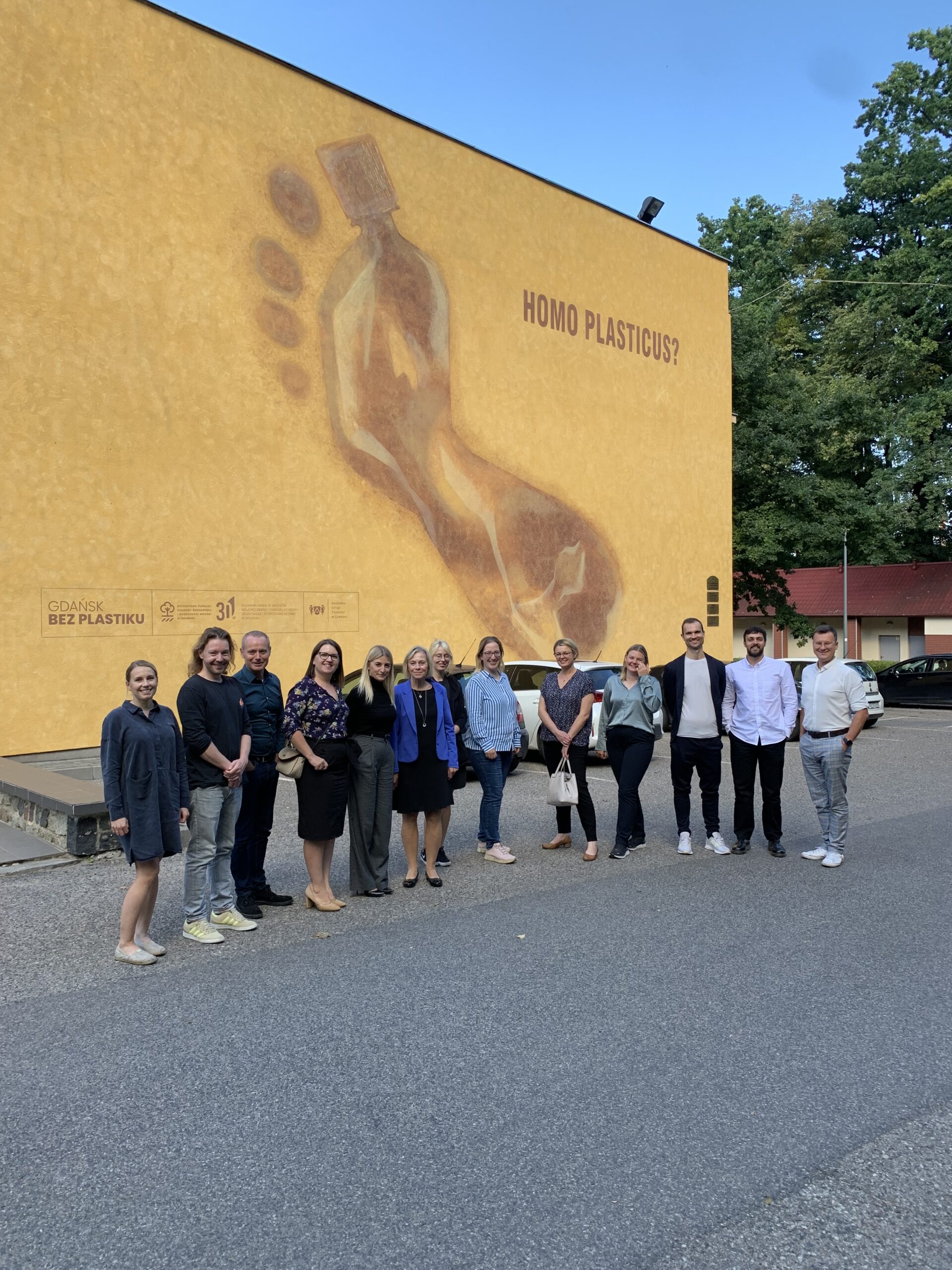
About
Learn more about what we do and who we are.
The Circular Ocean-bound Plastic (COP) project is dedicated to addressing the urgent issue of plastic pollution in the South Baltic Sea.
In collaboration with partners from Denmark, Sweden, Germany, and Poland, the project will aim to identify challenges and opportunities for collecting, recycling, and reusing ocean-bound plastic waste in the region. The project will conduct pilot activities in several coastal cities in the South Baltic Sea region to test waste collection technologies and explore the sources of ocean-bound plastic. An important aspect is to engaging small and medium-sized enterprises (SMEs) throughout the region in the project’s activities. The project will also investigate recycling properties and treatment options for the collected ocean-bound plastic waste.
We are faced with an urgent task of addressing macroplastics in our oceans, and it requires a collective and international effort to find solutions that are sustainable and effective.
James Armour, Senior Project Manager
The Problem
Ocean plastic is a major threat to marine life and biodiversity in the South Baltic Sea, with approx. 80% of the plastic originating from landbased sources as a result of human activities. The COP project highlights the urgent need for heightened awareness and motivation to reduce the amount of plastic waste going into the sea. Part of the problem is the difficulty to collect and recycle plastic from the water partially due to the rapid degradation. This makes recycling efforts more difficult, stressing the need to map out the challenges and potential solutions.
The Solution
The project aims to encourage effective waste collection, reuse, and recycling practices. The ultimate goal is to promote awareness and encourage innovative solutions among local businesses for improved plastic waste management in the South Baltic Sea. To address this, the project will collaborate with local authorities, educational and research institutions, and blue and green SMEs to explore the potential of utilizing challenging plastic fractions and ocean-bound waste.
The project is funded by Interreg South Baltic with funds from the European Regional Development Fund, aimed at unlocking South Baltic’s potential for blue and green growth through cross-border cooperation between local and regional actors from Denmark, Germany, Lithuania, Poland and Sweden. The project runs from 2023-2026, with a total budget of more than 2.5 million euros.
Work Package Description
| Work package | Description | Work package leader |
|---|---|---|
| 1. Management and Coordination | The purpose of WP1 is to oversee the overall project management and coordination. It includes developing and implementing project procedures, providing effective guidance to the project team, ensuring achievement of the deliverables within set limitations, and optimising stakeholder-provided resources. WP1 also coordinates the cross-cutting communication activities. | Clean, Ocean Plastic Forum |
| 2. Capacity-Building: Desk Research and Information Collection | The purpose of WP2 is to gather essential information on ocean-bound plastic waste streams, legislations, and business opportunities in the South Baltic Sea region, establishing a baseline that will be instrument in implementing the project in the following work packages. | University of Rostock, Sustainable Business Hub |
| 3. Ocean-bound Plastic Data Analysis and Demonstration | WP3 seeks to understand the sources and pathways of litter entering the rivers, select the best methods for monitoring and collecting this litter, and provide a roadmap for other regions to address this issue. | Leibniz Institute for Baltic Sea Research, University of Rostock |
| 4. Opportunities for utilizing Ocean-bound Plastic Waste | The aim of WP4 is to investigate the possible technical solutions for recycling Ocean Bound Plastic waste. | The Foundation Plast Center Denmark, Univeristy of Gdansk |
| 5. Mitigation measures: Solutions to marine waste (plastic) pollution | Based on the identified sources of pollution, WP5 is dedicated to developing prevention methods, actively engaging the community, and sharing its findings through exhibitions, workshops, and events to involve more people in protecting the rivers. | Leibniz Institute for Baltic Sea Research, University of Rostock |
Our Partners
- Clean, The Danish Water and Environment Cluster (Project Lead) (DK)
- Ocean Plastic Forum (DK)
- The Foundation Plast Center Denmark (DK)
- Danish Materials Network, facilitated by The Foundation Plast Center Denmark (DK)
- Sustainable Business Hub (SE)
- Leibniz Institute for Baltic Sea Research (DE)
- University of Rostock (DE)
- University of Gdansk (PL)
- Gdansk Water Foundation (PL)
- City of Gdansk – Gdansk Sports Center (PL)
Our Locations
Aarhus, Denmark
Copenhagen, Denmark
Malmö, Sweden
Rostock, Germany
Gdansk, Poland
